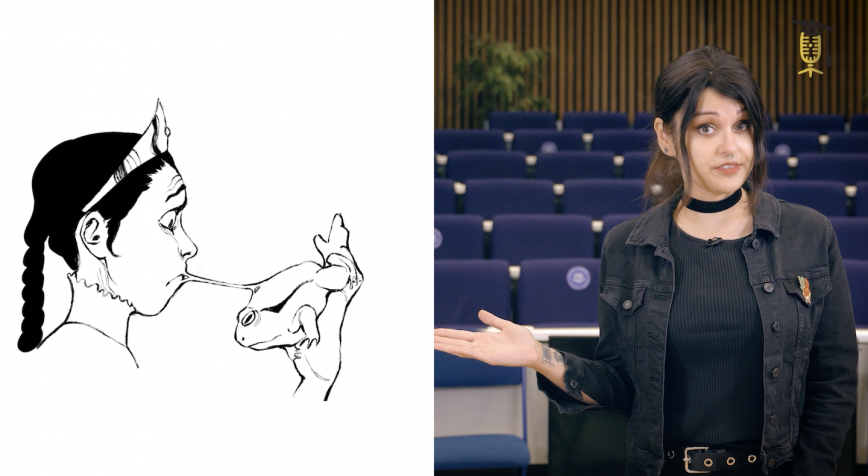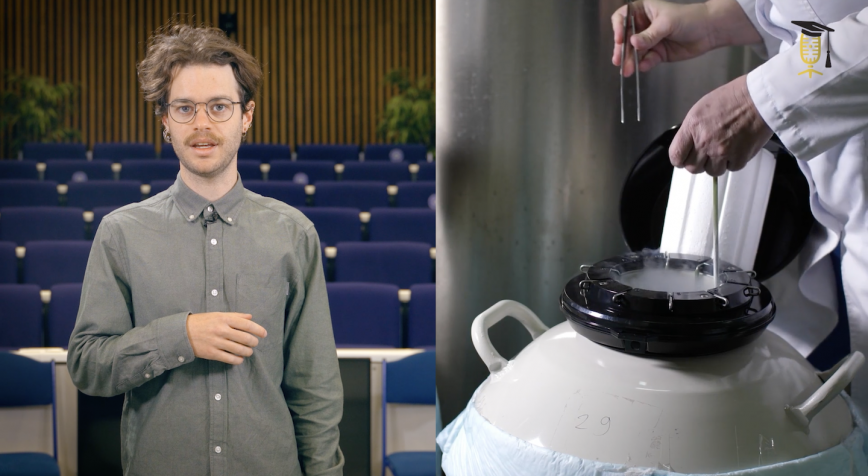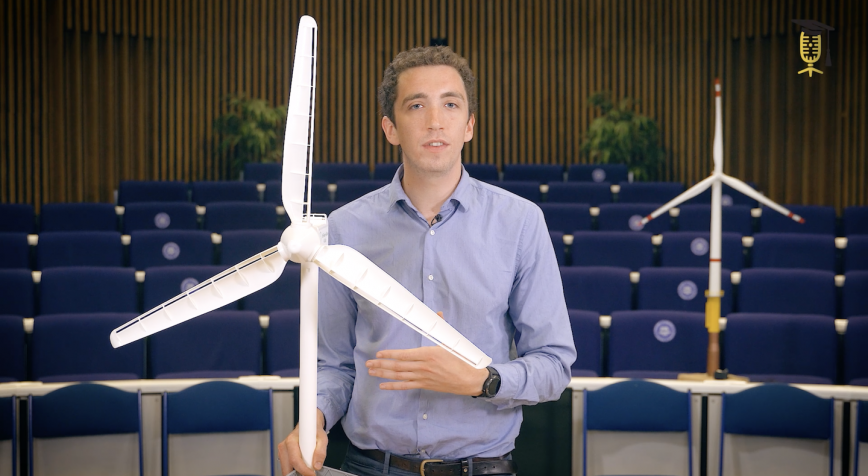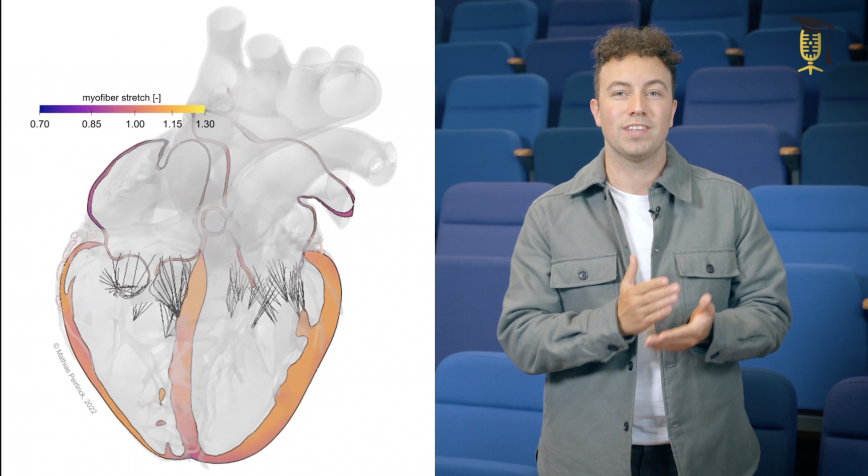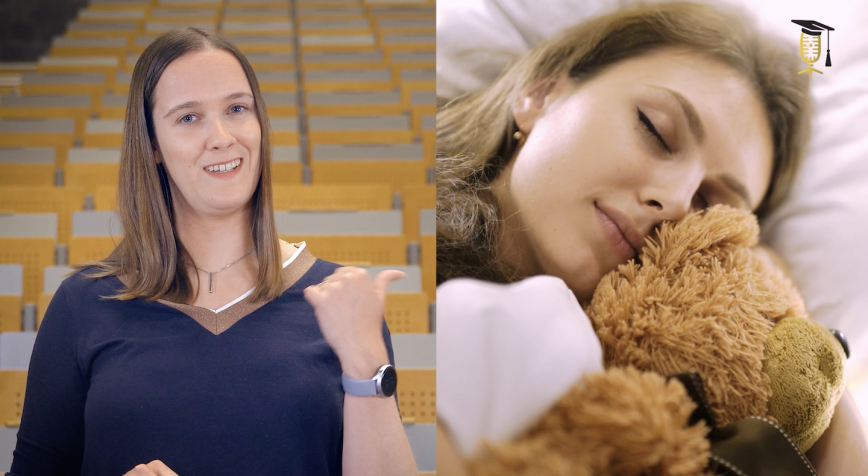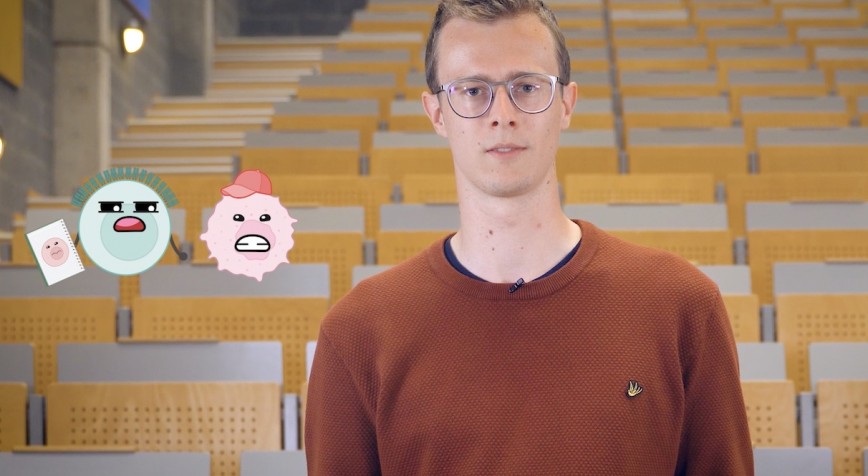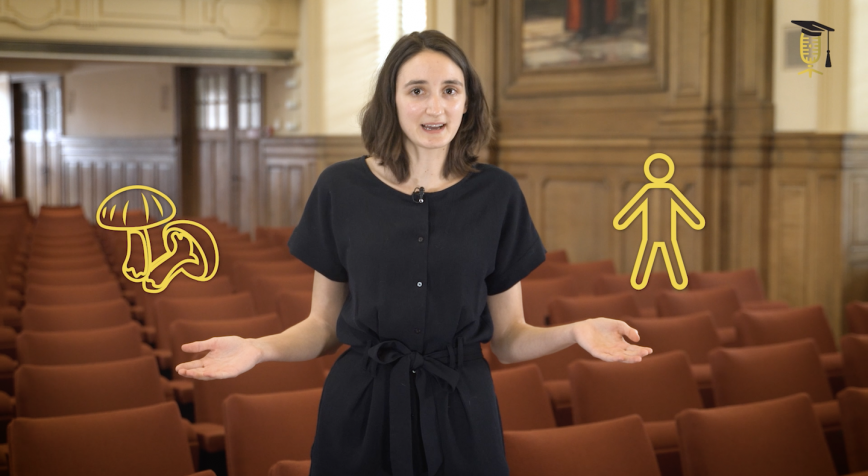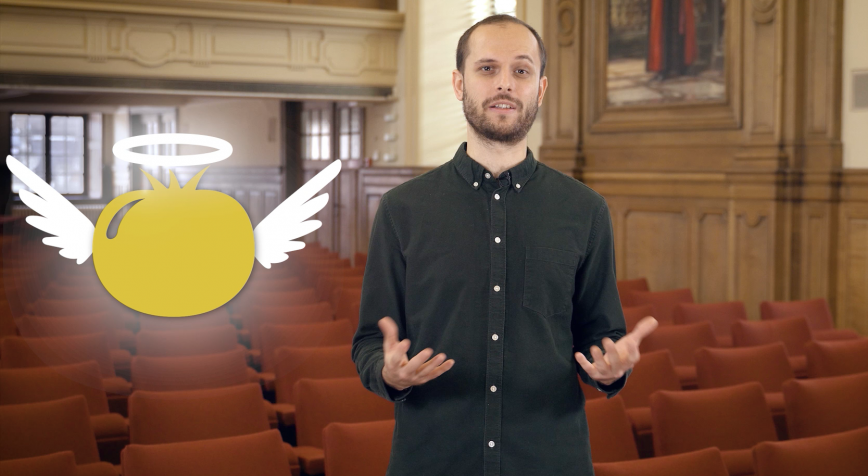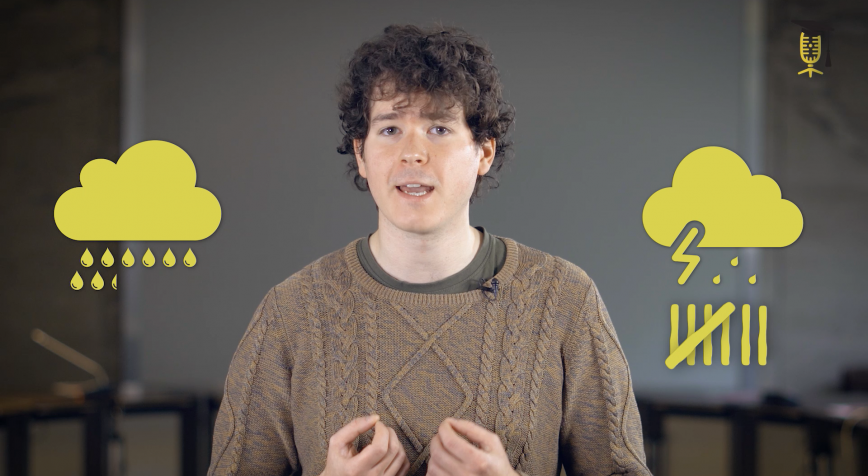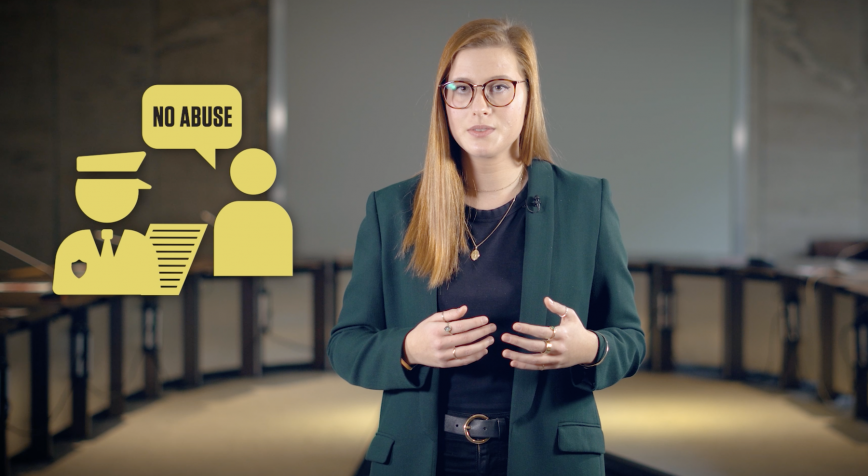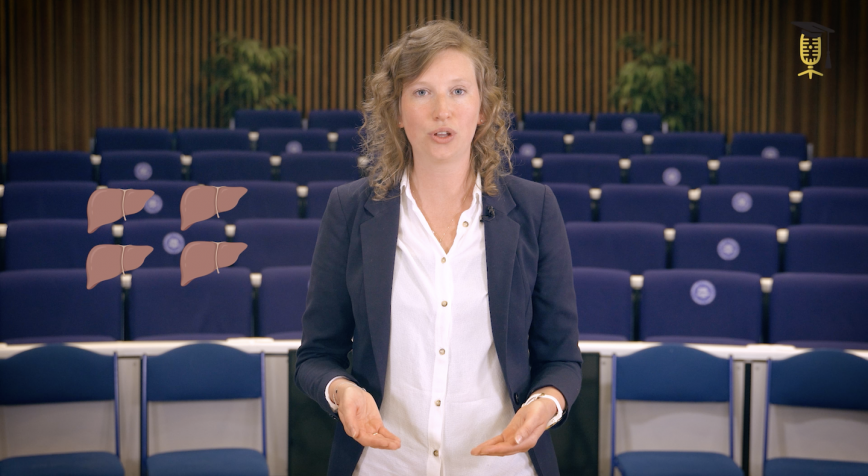
VUB
Curing liver disease with mini livers
Developing new drugs often requires a lot of animal testing. But what if we could develop drugs with fewer laboratory animals? That is what Lianne van Os is doing. Based on 1 mouse liver, she makes some 600 mini-livers in the lab to test new drugs against liver disease.
